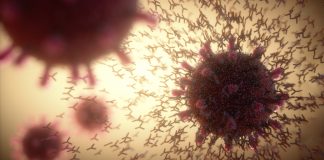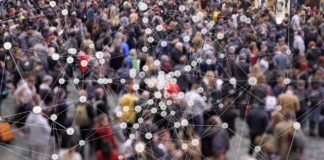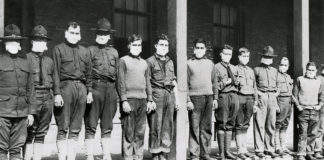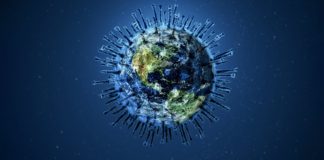Help is on the way. Hope is the way
1. I remember that day, 9/11. It was chaos. Violence, shortage of food. For several days, it was uncertain if there would be more...
Coronavirus health information: The great dilemma of quality sources
What are the most reliable sources of information on the coronavirus, and what are the arguments that advocate for their reliability?
COVID-19: Let’s not go back to normal
Let’s not go back to the abnormality of before! This is one of the messages which the French hung from their balconies on May 1, when the activities that would usually happen on this national public holiday could not take place. What can we change and what is worth changing after COVID-19?
COVID-19 after vaccination: How much does vaccination protect us?
Why can vaccinated people still get COVID-19 or even die from the disease?
What is in the COVID-19 vaccines and what do they leave in the body?
What is in the COVID-19 vaccines? What remains in our system after each type of vaccine, and for how long?
COVID-19: How does anxiety affect us?
A global crisis situation, such as that generated by the current pandemic, is a complex picture with many variables bringing high levels of emotional distress. During a pandemic, many people will face a wide range of reactions and emotions, and the psychological impact will often be greater than the medical one.
How lethal is COVID-19, and other (un)answered questions
There have now been over 12 million cases of COVID-19 infection globally, and half a million deaths. Researchers are constantly looking for new and better information to reduce the uncertainty around the virus.
Immunization against COVID-19: How often should the vaccine be repeated?
How long does the protection provided by the vaccine last? Should I have a booster shot after a while, or not?
The fragility of the good news about COVID-19 mortality
The mortality rate of COVID-19 remains high, but not as high as its transmission rate, and this good news needs nuances and explanations.
Spanish flu to COVID-19: Lessons from a forgotten pandemic
The Spanish flu filled graves in almost every cemetery in the world. However, surprisingly, this tragedy had largely been forgotten until recently. A century later, the issue returned to the centre of attention, with specialists wondering if they can identify a pattern in the evolution of the COVID-19 health crisis based on the pandemic from a century ago.
An impossible inventory of the most widespread fake news about COVID-19
The epidemic of false information in this worldwide pandemic is even more infectious than the virus itself. Fortunately, there is a vaccine for this epidemic of fake news: quality information and information filters. However, not everyone has been vaccinated. Here is an immunization effort.
COVID-19 vaccines safety: Does it take decades to get the answer?
Do we need to wait for the results of longitudinal scientific studies, extending to decades, to know if vaccines are safe?
How can we prepare for a potential infection with COVID-19?
Although a small minority deny the existence of COVID-19 (claiming that it is a malicious conspiracy), most people are interested in what they can do to be as prepared as possible for a potential encounter with the dreaded virus.
COVID-19 and the great question: Why?
The danger of the novel coronavirus has given us pause to reflect. As Christian believers, apart from praying, we are expected to examine and question our beliefs in this time, and to seek answers which are rooted in the perspective of the Holy Scriptures.
Hope in the storm
This coronavirus crisis has, for me, some perplexing parallels with a well-known incident narrated in the Gospel of Matthew (14:22-33). The disciples are confined in a little boat in the middle of a terrible storm, almost as we are confined at home today by the emergency laws of our countries.


























